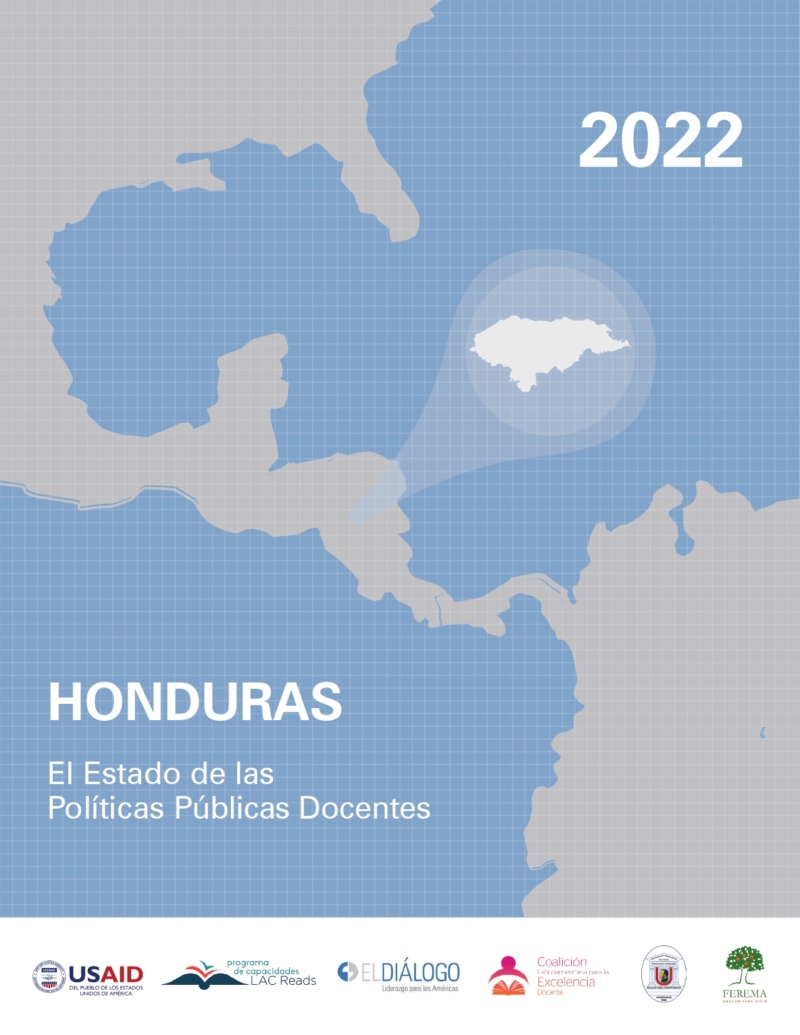Protecting Latin America’s Poor During Economic Crises
History tells us that economic crises cause large increases in poverty. The most recent economic crisis will cause Latin America’s GDP to contract around 2 percent in 2009.
This post is also available in: Español
Traditionally in Latin America, state policies related to teachers seem to be viewed as "risky", "difficult" and "not a priority" in various governments' plans. This has often led to courses of action with short-term effects, from a fragmented perspective and highly dependent on immediate political costs (PREAL, 2012). Honduras is no exception to this general framework of public education policies in the region.
This report was produced by FEREMA (Fundación para la Educación Ricardo Ernesto Maduro Andreu), with technical assistance from the Inter-American Dialogue and financial support from USAID, through the LAC Reads Capacity Program, implemented by the American Institute for Research (AIR), together with Juárez y Asociados and partner organizations at the national level.
The report is the result of an extensive review of national and international studies, reports, and statistical data, as well as interviews with officials and consultants from the Ministry of Education, departmental and municipal directors, and teachers from across the different levels of the education system, and field specialists.
History tells us that economic crises cause large increases in poverty. The most recent economic crisis will cause Latin America’s GDP to contract around 2 percent in 2009.
The goal of education is to promote learning. Sitting in classrooms is a weak proxy for knowing how to read, do math, and apply science. Latin America needs to worry less about schooling and more about learning.
The mobilization of 70,000 students in the streets of Chile is more than just a protest for free higher education.
